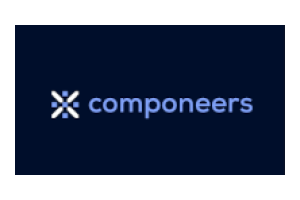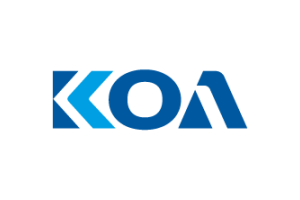Start-up Scene in a Semiconductor Group
Analog Garage Attracts Inventors and Tinkers
Analog Devices has created a »garage« to promote and utilize the inventiveness and creativity of its employees. Pat O'Doherty, responsible for the »Analog Garage« at Analog Devices, explains the concept and idea behind it.
High-tech companies around the world are looking for ideas and bright minds. Many large corporations have set up programs or subsidiaries that financially support and promote young entrepreneurs.
The potential of their own employees, on the other hand, is rarely promoted in a targeted manner. Analog Devices has a »garage« ready for its employees – for tinkering, experimenting and inventing.
? Mr O’Doherty, what is the Analog Garage?
! Pat O’Doherty: The Analog Garage is a corporate incubator intended to provide external entrepreneurs and ADI »intrapreneurs« with a path to propose, explore, and scale new breakthrough technologies and business models. It’s called the Analog Garage for two reasons:
- to recognize the importance of analog know-how in many of the applications that are instrumenting the world; and
- to give a nod to all the garages, basements, and other nondescript quarters that have served as home for countless beginnings in the history of technological innovation.
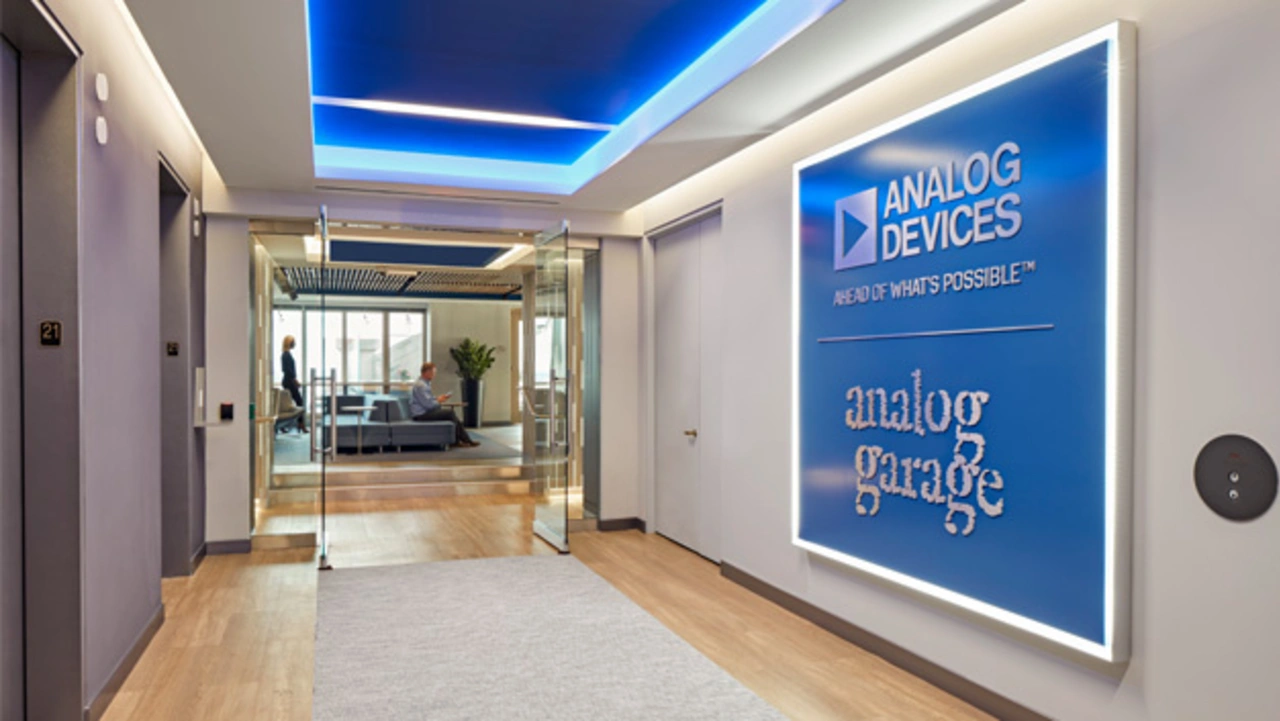
Through the Analog Garage, start-ups, universities, research centers, and teams of our own employees get the support they need to solve tough problems, collaborate in a fast-paced, roll-up your sleeves, experiment-focused, and risk-tolerant environment.
The Analog Garage was started three years ago in Cambridge, MA with ~ 20 engineers and moved to Boston one year ago when we outgrew our previous space. The Boston site now holds ~70 engineers with backgrounds in signal processing, machine learning & AI, materials scientists, system engineers, security technologists, and software & cloud developers. These are non-traditional skillsets for a typical semiconductor company.
? Which ADI employees can work at the Analog Garage?
! O’Doherty: Although the Analog Garage is headquartered under one roof in Boston, it is not all located in one place. The Analog Garage has active initiatives across the globe focused on identifying breakthrough new technologies and business models that will help build our future.
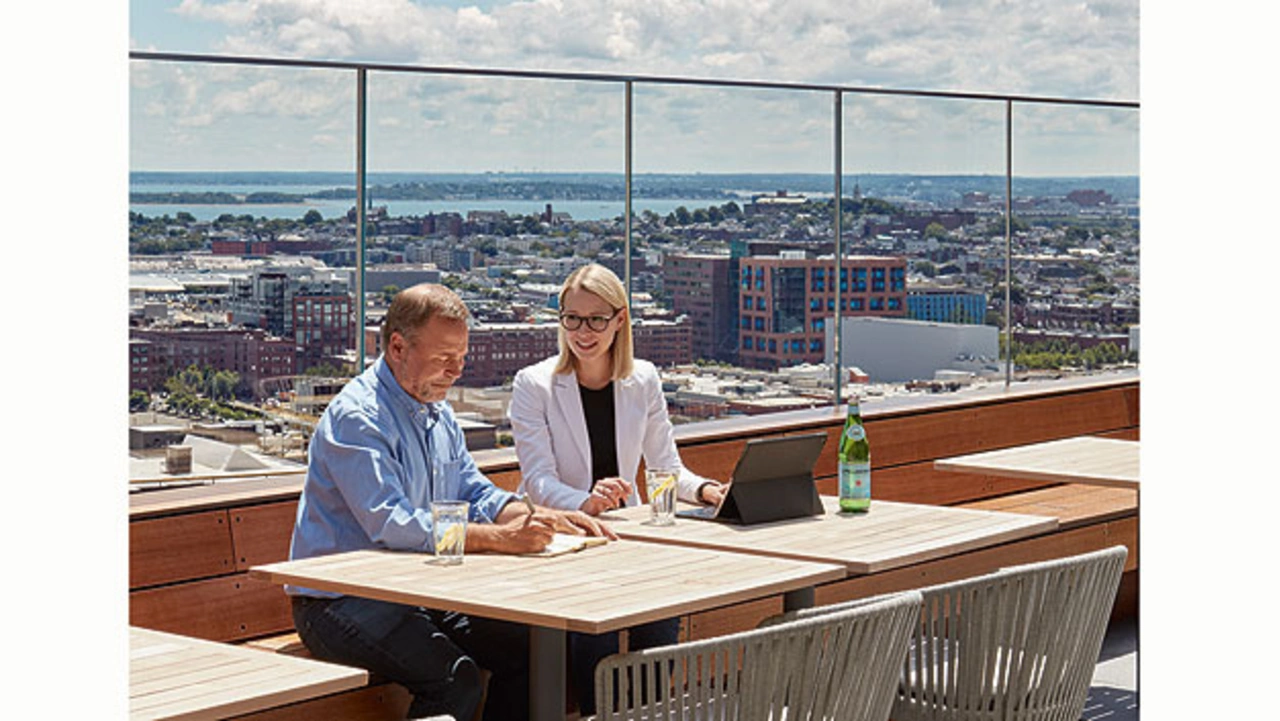
Any employee of ADI, whether they are based in India, China, Ireland, Germany or the United States can propose a new idea. A team within the Analog Garage then works with the project champions to refine their idea and if it meets our criteria, the idea is pitched to a Venture Board.
The Board decides whether to fund it. Once funded, the project team can work on the project part time or full time, leaving their previous roles for the duration of the project. The projects are managed exactly like external VC-funded start-ups with angel, seed, Series A and Series B stages with strict focus on achieving project milestones, funding, and speed.
? How is Analog Garage organized?
! O’Doherty: The Analog Garage is part of ADI’s Emerging Business & Technology Group, which reports to the CTO and is separately managed and located physically apart from the Business Units comprising the rest of the $6B parent company.
The Garage focuses entirely on opportunities, which are high risk, high return ventures with the potential to turn into significant revenue within five to 10 years. The R&D groups within ADI’s Business Units typically focus on technology that is expected to convert into product revenue within five years.
However, the Business Units and the Garage collaborate intensively on many projects that are ADI’s highest priorities.
? How do you recruit and select projects and employees for Analog Garage?
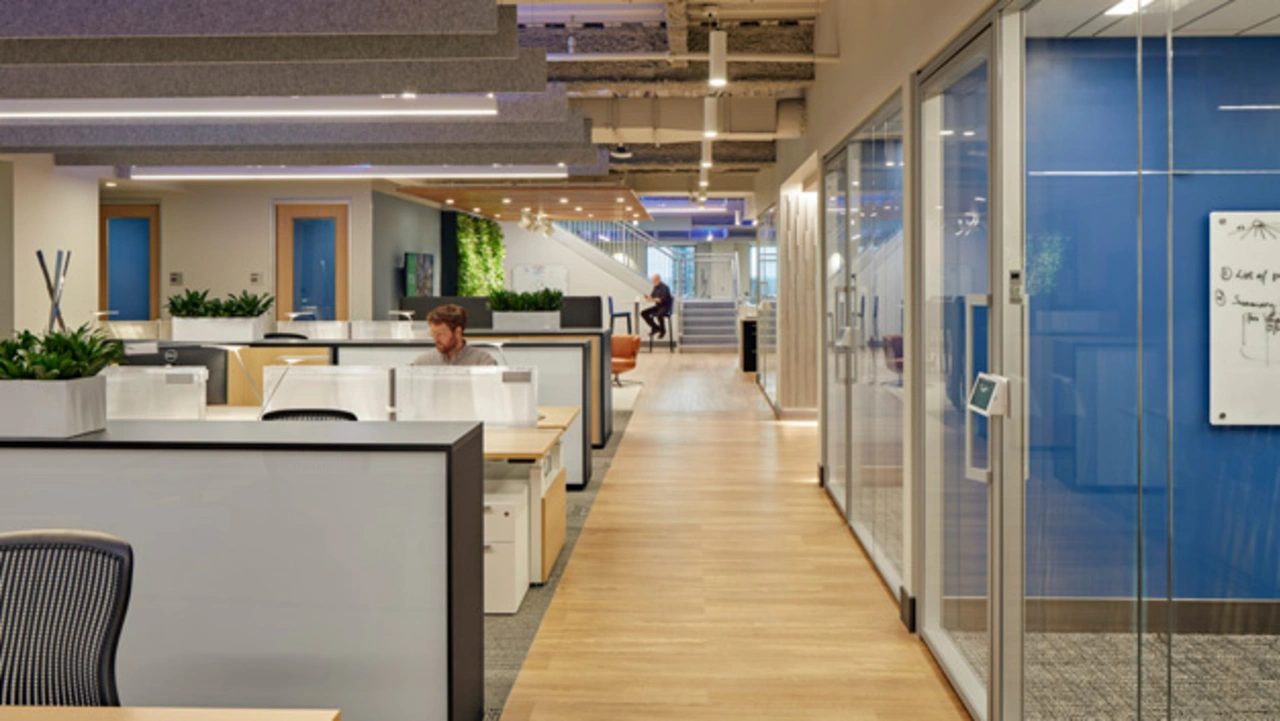
! O’Doherty: Many of our Garage employees have PhDs in signal processing, machine learning or materials science and tend to come from the leading research universities around the world and a variety of deep tech startups.
They are motivated by the breadth of foundational technology possessed by ADI and the huge opportunities to create new breakthrough technology that spans sensing, signal conditioning, interpreting, connecting and analyzing real world signals.
? How do you communicate Analog Garage projects within ADI?
! O’Doherty: Communications with the Business Units and our Manufacturing group are constantly maintained via face-to-face management reviews, technical reviews, project collaborations, etc.
The information is also shared via an internal website allowing any employee to see what projects have been pitched, funded, stopped or graduated back into the Business Units to seed new businesses.
? How do the employees and the company benefit from the project results and the work of the Analog Garage?
! O’Doherty: Graduating Analog Garage initiatives either move into a Business Unit to seed a new business, which is the typical path, or can be set up as a new Business Unit or spun out to grow entirely independent of ADI. This determination is made by the Business Units and is largely based on strategic alignment and fit.
The employees within the Analog Garage and the ADI employee participants in the Garage from all around the world get the opportunity to work on breakthrough projects which they are passionate about. This has turned out to be of great personal benefit to them as well as to ADI, and positively impacts our ability to hire and retain the best people.
? Which successful projects were developed in the Analog Garage?
! O’Doherty: The projects which have graduated from the Analog Garage are mostly still in pre-production within the Business Units, so I cannot go into details at this time.
? What expectations does Analog Devices have of the Analog Garage and how should it develop in the future?
! O’Doherty: We expect to continue aggressively growing the Analog Garage to enable the discovery and development of more breakthrough technologies that will significantly contribute to ADI’s long-term growth and diversity.
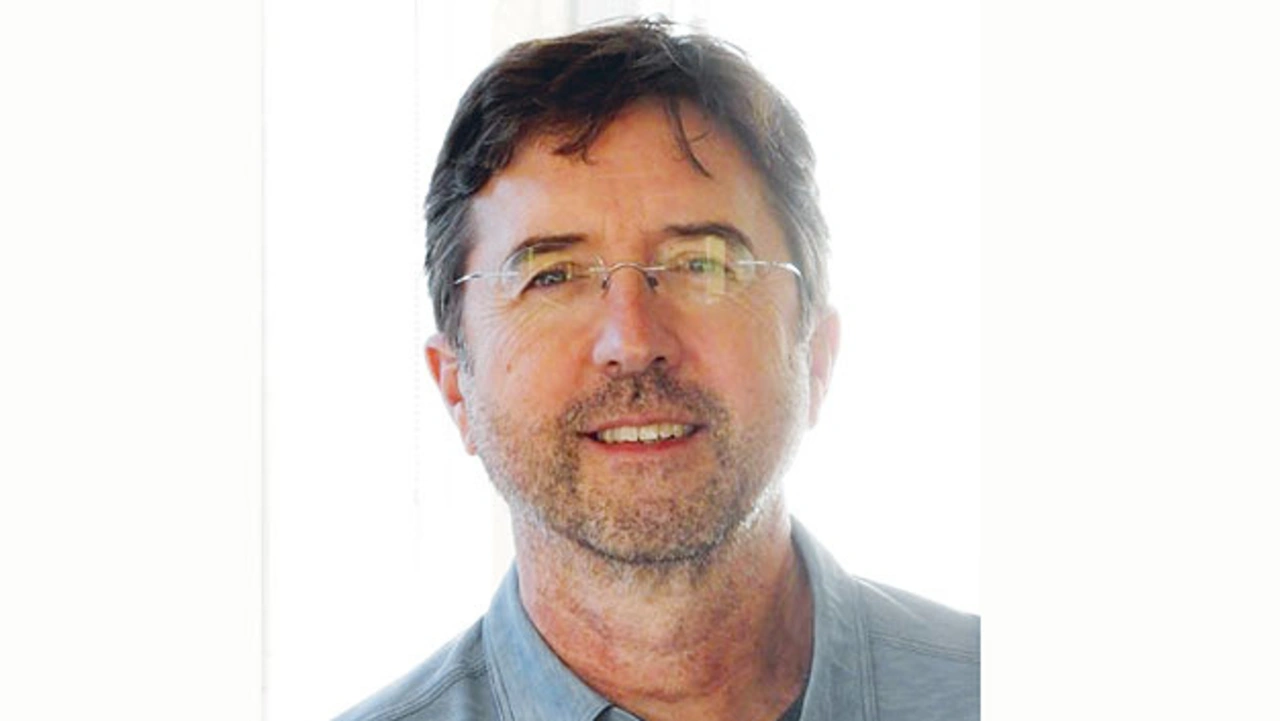
Patrick O’Doherty
has worked in the Semiconductor Industry for over 25 years at Analog Devices in Ireland and Massachusetts in a variety of roles. Those ranged from Engineering, Process Development, Quality, Manufacturing, to Marketing and Product Line Leadership (in MA, CA, Ireland and Spain), including leadership of several internal start-ups that have grown to be successful $100M+/year businesses. He previously spent six years as VP/GM of the Healthcare BU and is now VP of Emerging Business & Technology, where he is responsible for exploring and developing new breakthrough businesses and technologies inside and outside of ADI. This role includes responsibility for start-up outreach and breakthrough University research.
Patrick has a BE/BSEE degree from University College Cork, Ireland and an MBA from Northeastern University in Boston.








